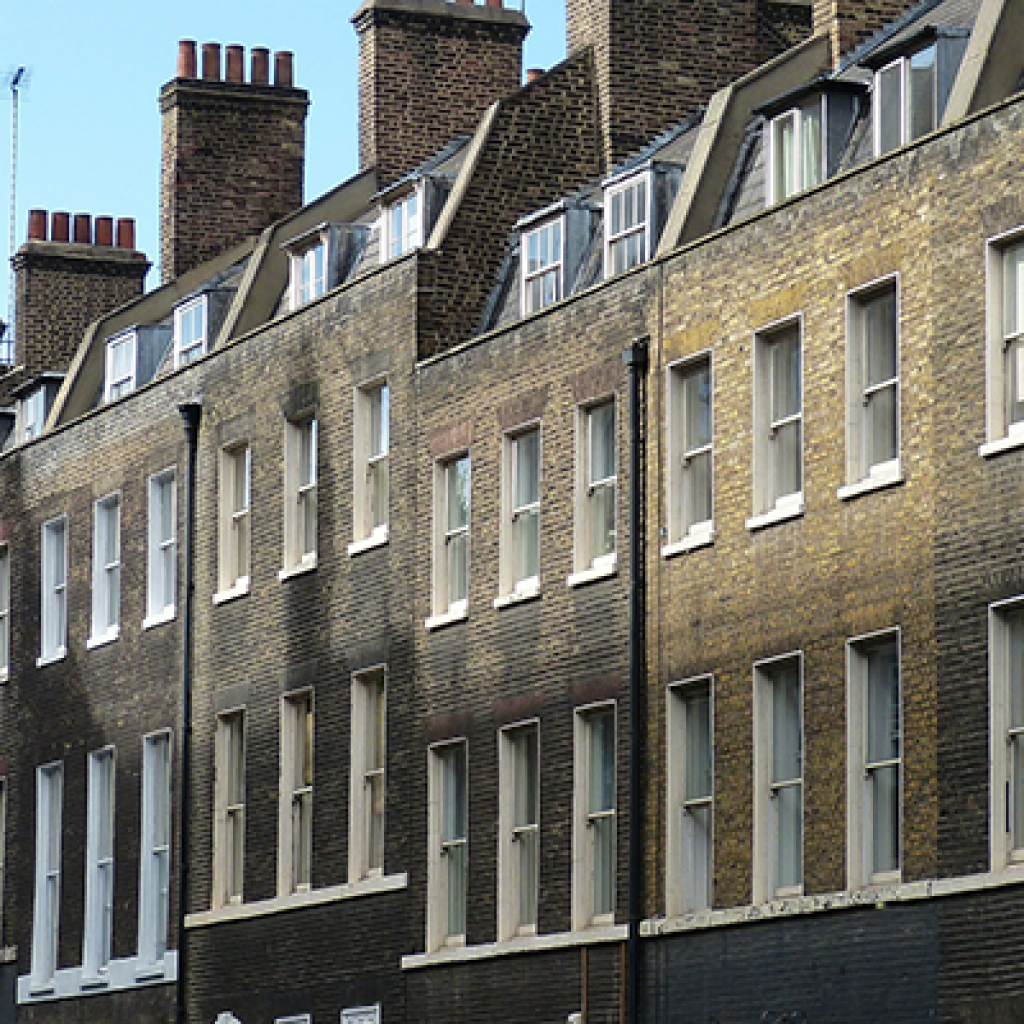RICS have sparked debate by suggesting the Bank of England’s Financial Policy Committee should consider limiting annual house price inflation to 5% in order to prevent “another housing bubble, reckless bank lending and a dangerous build up in household debt”.
Several industry figures quickly reacted to the proposal. Paul Smith, CEO of haart estate agents, suggested RICS were looking for “headlines rather than real solutions to the housing market”.
He said: “A market sets its own level and to manipulate it means playing with fire. Imagine if there was a call to cap the stock market.
“A return to Mortgage Indemnity Guarantee scheme (MIGs) might be a better solution. They protect the lender for a premium paid by the buyer depending on the risk they pose.
“It might be more beneficial than the introduction of the second stage of Help to Buy in January which will cost the taxpayer £8 billion. MIGs will also encourage the lenders to lend more freely and responsibility.”
RICS suggested that the policy could be implemented with caps on elements such as loan-to-value ratios, loan-to-income ratios, and mortgage durations, or imposing ceilings on the amount banks are permitted to lend, should prices exceed a given limit.
They believe that a very clear message to the public that the Bank of England will not tolerate house price rises above 5% would help restrict excessive price expectations across the country.
Joshua Miller, RICS Senior Economist, said: “The Bank of England now has the ability to take the froth out of future housing market booms, without having to resort to interest rate increases. Capping price growth at, say, five percent is one way of doing this.
“This cap would send a clear and simple statement to the public and the banking sector, managing expectations as to how much future house prices are going to rise.
"We believe firmly anchored house price expectations would limit excessive risk taking and, as a result, limit an unsustainable rise in debt.”
Both Assetz and Cluttons suggested that lack of supply was a huge problem for the market. Sue Foxley, Head of Research, Cluttons, said: “As schemes such as Help to Buy take effect — helping homebuyers get that first important step on the run — the absence of the intervention on the supply side will result in prices rising well ahead of earnings — especially in London and the south east.”
Stuart Law, CEO of Assetz, agreed saying: “A cap on property price increases would lead to a corresponding cap in developers building more homes for our rapidly growing population due to the suppression in demand.
“This is a simple question of supply. The best way to temper rising prices is by building more homes and placing a temporary block on NIMBYism.
“A useful mechanism would be to compel local authorities to pre-zone and compulsory-purchase green-field and green-belt land which is then automatically released for building homes in areas where property prices are exceeding, say, 5% annual increases.”
Mr Law said that any manipulation of process in the market would be an outrageous response to a simple supply and demand problem.
What do you think of RICS proposal? Could a cap be a successful measure?




















